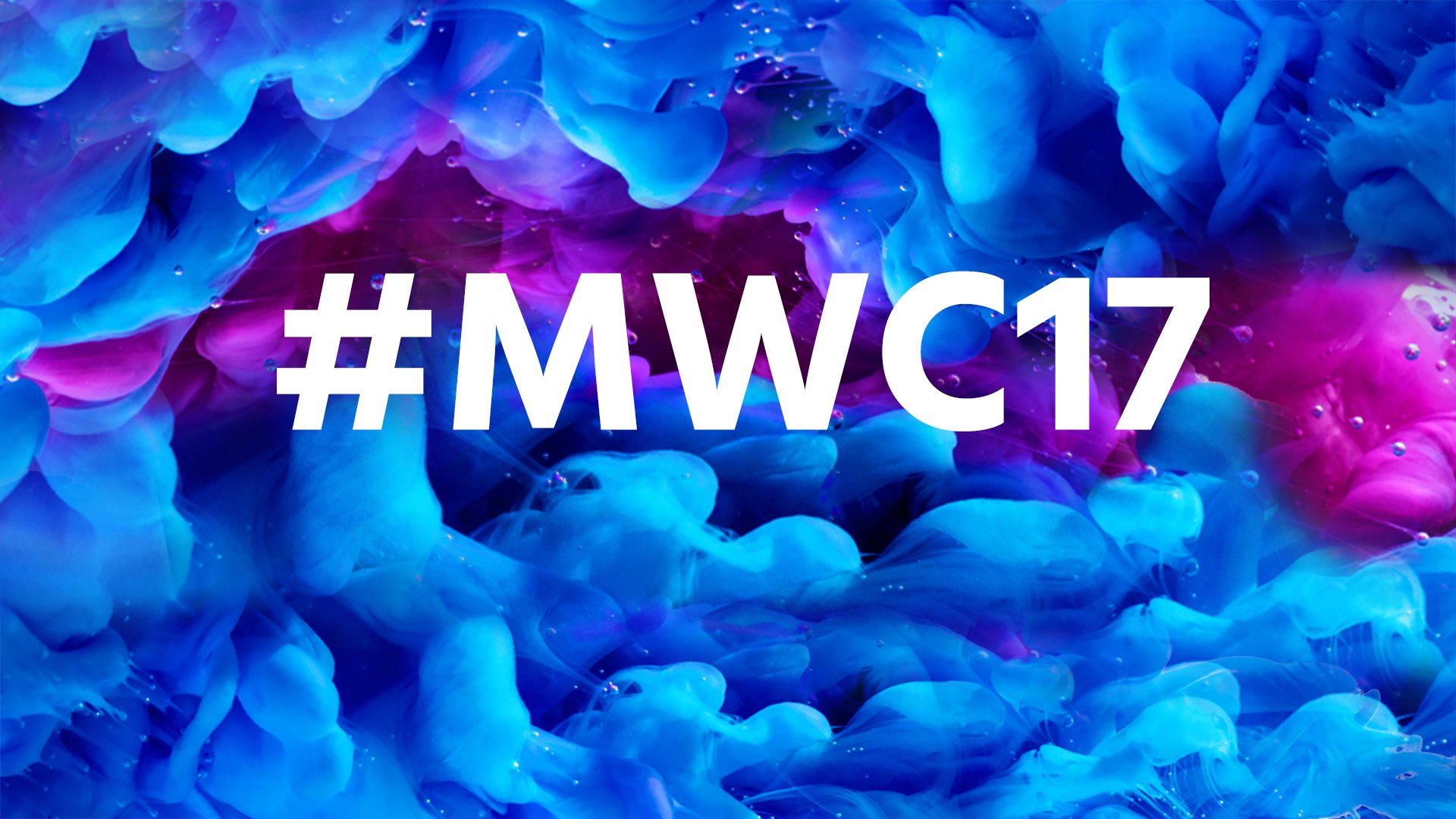What Happened
Monday marks the first day of the 2017 Mobile World Congress (MWC), the world’s leading smartphone trade show. As with the previous years, a slew of new mobile and portable gadgets are introduced, and the Lab team is on the ground in Barcelona, Spain, scouting for the latest trend in mobile technologies. Today, however, it is the futuristic smart cars, not the shiny new phones, that stole the show.
Ford announced a partnership with Vodafone at its press event that will lead to 4G modems being built into a select range of its upcoming vehicles in the European market. The modem will bring 4G LTE connectivity over Wi-Fi, with up to ten devices able to connect at once, effectively turning those Ford models into a media hub on wheels.
Moving beyond connectivities for existing models, Roborace drew a lot of eyeballs at the Mobile World Congress today with a stunning self-driving race car. The British company behind the robot racing series unveiled Robocar, the world’s first AI-powered, self-driving electric race car. Powered by Nvidia’s Drive PX2, an open A.I. car computing platform, the Robocar can reach an impressive top speed of 199 miles per hour.
French automaker Peugeot took the AI solution one step further with the debut of its Instinct concept car, an autonomous car designed to drive differently according to reading your mood and needs. The car is connected to Samsung’s Artik cloud service, allowing it to gather data from other connected devices, such as your calendar schedule or your heartbeat rate from a smartwatch, in order to determine between four driving modes: drive boost, drive relax, autonomous soft, and autonomous sharp, to provide the most suitable driving experience.
What Brands Need To Do
In line with what we saw two month ago at this year’s CES, major advances in AI and machine learning has supercharged the race of developing autonomous cars among automakers this year. For brand marketers, AI is what will power the future of brand-customer interactions as the core of the post-smartphone computing. AI evolution is set to bring an influx of additional media time once self-driving cars can free our eyes from the road. While it is still a few years off till the technology fully matures, it is never too early for brands to start thinking about how to conquer this new media space.
Another important capability that AI will unleash for all brands lies in dynamic creatives that can deliver personalized user experience based on data and user input. Brand marketers need to consider how they can leverage their customer data to provide personalized experiences with the help of an AI engine.
Sources: as linked in the article

